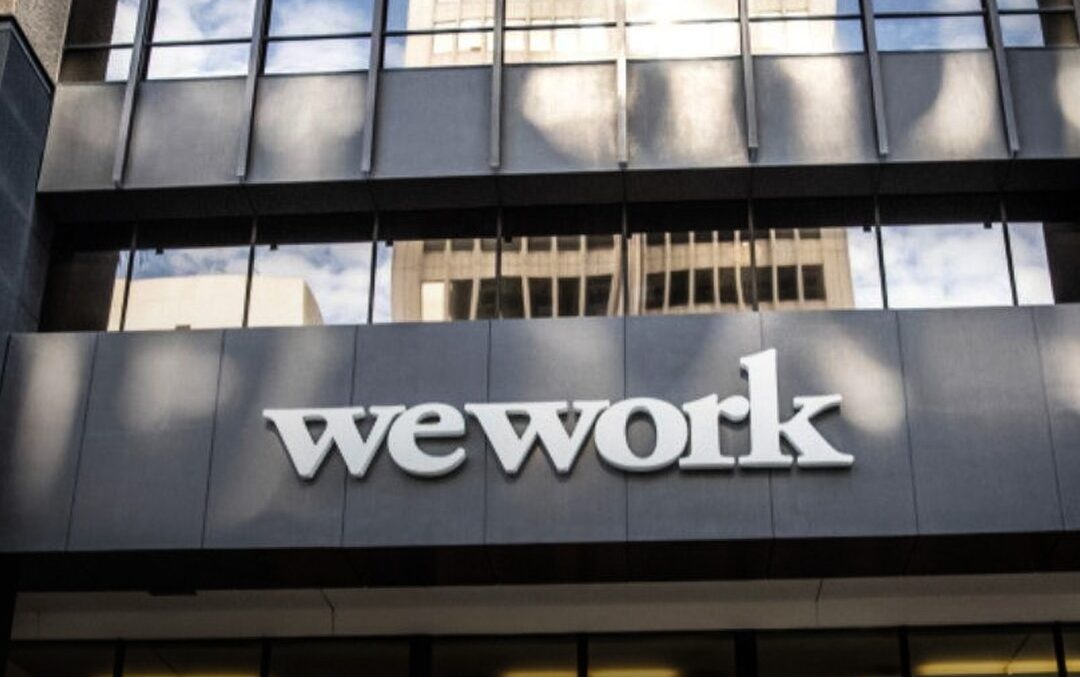Introduction
In a surprising move, the Securities and Exchange Board of India (SEBI) has placed WeWork India’s Initial Public Offering (IPO) in abeyance. This development comes at a critical time for the co-working space giant, which has been attempting to stabilize its business and raise funds through public listing. SEBI’s decision has raised several questions about the company’s financial stability, governance, and future plans.
Why Was WeWork India’s IPO Put on Hold?
SEBI’s abeyance status indicates that the regulatory body is either awaiting additional clarifications from the company or has identified concerns that require further scrutiny. While SEBI has not publicly disclosed the exact reasons, analysts suggest several potential factors:
1. WeWork Global’s Bankruptcy Concerns
WeWork’s parent company in the U.S. recently filed for bankruptcy, leading to concerns about the financial health of its subsidiaries, including WeWork India. While WeWork India operates independently, its association with the troubled global brand may have prompted SEBI to take a cautious approach.
2. Financial Stability and Debt Issues
WeWork India has been expanding aggressively, but questions remain about its financial stability. The company had reported profitability in recent quarters, yet the overall volatility in the global flexible workspace industry may have raised red flags for regulators.
3. Regulatory Compliance and Governance
SEBI conducts rigorous checks on corporate governance, disclosures, and investor protection measures before approving any IPO. If there were discrepancies in WeWork India’s financial statements, risk disclosures, or ownership structures, SEBI may have decided to pause the IPO process until those concerns are addressed.
Market Implications of SEBI’s Decision
The delay in WeWork India’s IPO could have significant implications for both the company and the broader real estate and co-working sector:
- Investor Sentiment: The delay might shake investor confidence in the Indian flexible workspace sector. Other co-working brands looking to go public may face increased scrutiny.
- Fundraising Challenges: Without the IPO proceeds, WeWork India may need to explore alternative funding routes such as private equity investments, strategic partnerships, or debt financing.
- Operational Adjustments: If the IPO remains on hold for an extended period, WeWork India may need to slow its expansion plans and focus more on cost efficiency.
What’s Next for WeWork India?
While SEBI’s move is a setback, it does not necessarily mean the IPO is permanently off the table. The company will likely work closely with regulators to address concerns and provide necessary clarifications. If resolved satisfactorily, the IPO process could resume in the near future.
Conclusion
SEBI’s decision to keep WeWork India’s IPO in abeyance adds another layer of uncertainty to the co-working giant’s future. While the reasons remain unclear, factors like WeWork Global’s bankruptcy, financial stability concerns, and regulatory compliance could have played a role. The coming months will be crucial in determining whether WeWork India can navigate these challenges and move forward with its public listing.





